Expected and delightfully unexpected benefits of coaching
Last month I shared with you tips on how to know if your organization is ready for coaching. This included a list of the key traits commonly found in organizations that have been successful at bringing coaching in. This month I will take a closer look at the benefits of coaching in organizations, using the healthcare setting as an example. Even if you are not working in healthcare, I urge you to keep reading. There is much to be learned from healthcare organizations that can apply to virtually any organization in any industry. Consider this. Many healthcare organizations are large and complex with multiple stakeholders, from executives to unions and everyone in between. Add to this the pressure they face as they deal with very serious issues daily. If coaching can transform and improve individuals, teams and the healthcare organization as a whole, just think what it can do for your organization.
Let’s start with the literature. The benefits of coaching in healthcare are well documented. Here is a sampling of what the literature tells us about the impact that coaching has had on individuals and teams in the healthcare setting.
Positive impact on client and patient care[1]
- Improved clinician-patient interactions by being more present, more attuned to the patient’s needs, and encouraging them to find solutions to problems
- Self-awareness and perceptivity leading to empathy, an essential aspect of successful clinician-patient communication
Leadership Development [2]
- The use of coaching has moved away from problem solving to pro-active leadership development
- Coaching is helping leaders with decision making and developing leadership qualities by giving them tools to;
- Reflect on their decisions
- Keep centered on reality
- Be a catalyst for change
- Adjust to change
- Support lifelong learning
Career Satisfaction and Engagement[3], [4], [5]
- Improved career satisfaction and work commitment
- Improved performance and productivity
- Positive impact on employee engagement
- Improved personal and organizational effectiveness
Unexpected but delightful benefits of coaching
One of the less docum ented but most powerful benefits of coaching is what we refer to as the trickledown effect of coaching within organizations.
ented but most powerful benefits of coaching is what we refer to as the trickledown effect of coaching within organizations.
I like to think of it in terms of a waterfall. It starts small at its source, gains momentum as it moves towards its goal, sometimes following well-worn paths but often carving new and unexpected paths when needed. Sounds a lot like coaching within organizations.
A terrific example of this trickledown effect was experienced by Provincial Health Services Authority (PHSA) as they brought coaching to their organization.
The original intention at PHSA was to work with teams and leadership, but with the infectious spread of coaching it expanded and integrated into unique and untapped projects, programs and groups. It was intended to help with internal relationships and performance but participants began using the skills in all interactions including those with patients and their families.
Why is this so powerful? By implementing a program that not only teaches coaching skills but also creates a coaching culture, organizations and individuals are being transformed. Individuals are empowered and trusted to ask thoughtful questions and listen deeply – in all interactions.
If you’d like to learn more about the benefits of coaching in healthcare, check out the following resources. Register for our free webinar: Coaching in the Healthcare Setting and download our whitepaper Determining the Impact of a Coaching Skills Development Program in the Healthcare Setting
If you have questions or would like to discuss the benefits of coaching in more detail, get in touch by sending an email to info@coachingoutofthebox.com.
Stay informed. Sign-up for our monthly newsletter here.
[1] Knowles, P. (2008). What is trying to happen here? Using mindfulness to enhance the quality of
Patient encounters. The Permanente Journal, 12, 55--‐59.
[2] Sherpa Coaching. (2012). The Seventh Annual Sherpa Executive Coaching Survey 2012. Retrieved
From www.sherpacoaching.com/survey.html.
[3] (Cassatly & Berguist, 2011; Risley & Cooper, 2011).
[4] Webb, 2006
[5] Greco, Laschinger and Wong (2006)

